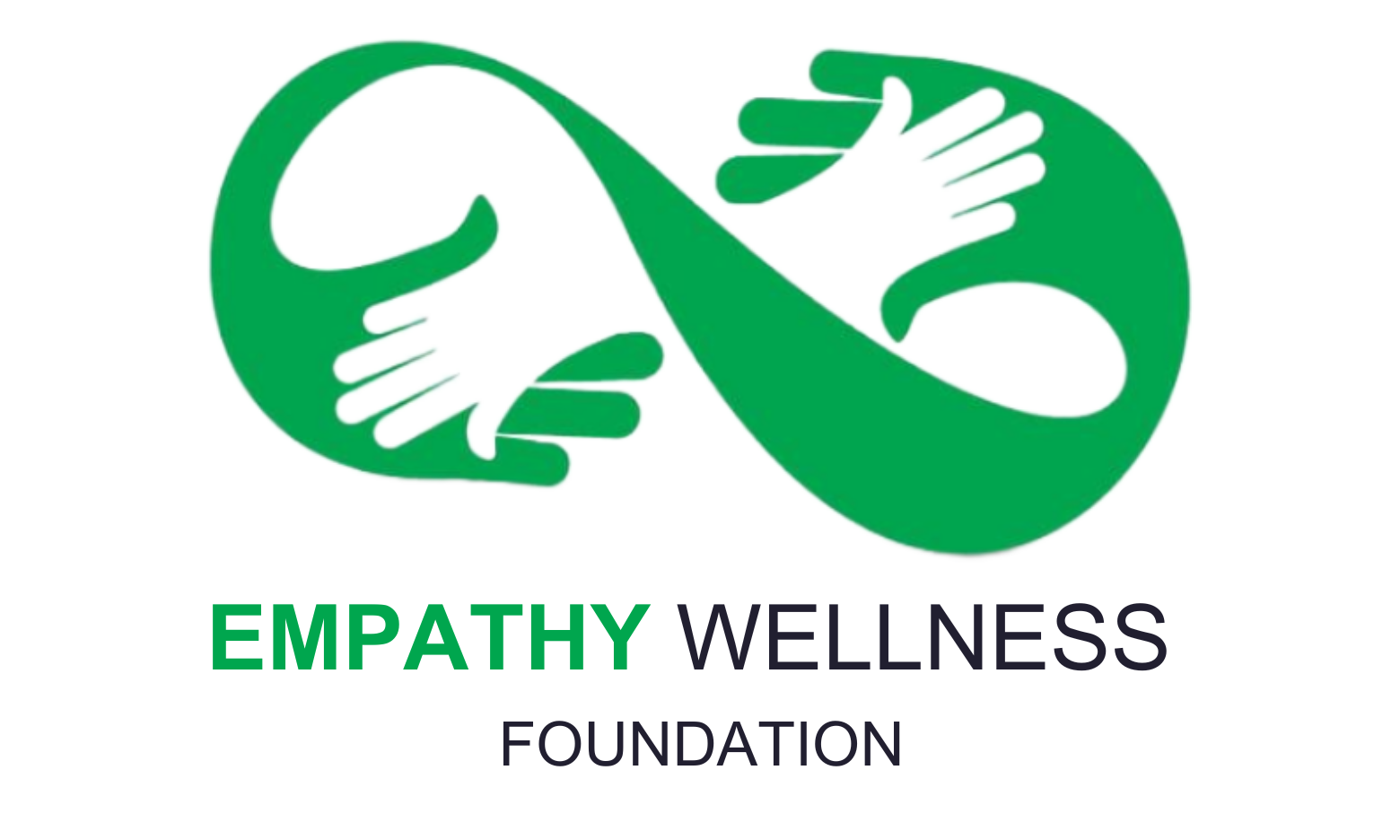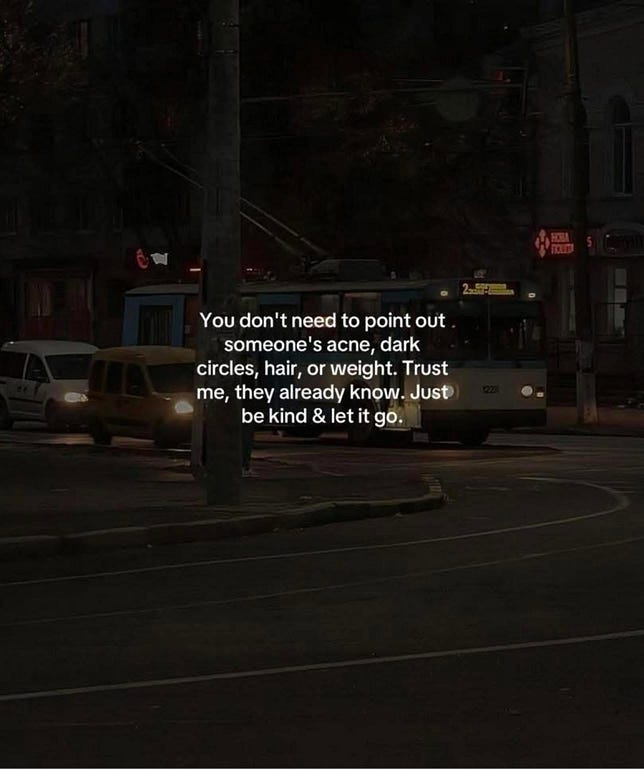Therapy Isn’t Weak – It’s One of the Bravest Things You Can Do
Somewhere along the way, we were taught that needing help is a sign of weakness. That showing emotions is something to be embarrassed about. That going to therapy means something is wrong with you.
Let’s be clear:
Therapy isn’t weak. It’s powerful. It’s courageous. And it’s one of the bravest things you can do for yourself.
Why the Stigma Around Therapy Still Exists
Despite growing mental health awareness, the stigma still lingers. People say:
- “Just tough it out.”
- “Other people have it worse.”
- “Talking about it won’t change anything.”
These beliefs are rooted in generations of emotional suppression, especially in cultures where strength is defined by silence. Many people are taught to hide their pain, smile through the struggle, and “get over it.” But the truth is: ignoring pain doesn’t make it go away. It just makes you carry it longer.
Therapy doesn’t mean you’re broken. It means you’re self-aware enough to want better.
What Therapy Actually Looks Like
Therapy isn’t about someone giving you advice or fixing your life for you. It’s about creating a safe space to explore your thoughts, emotions, and patterns—with a trained professional who helps you understand yourself on a deeper level.
In therapy, you might:
- Talk about your past and how it shaped you
- Identify unhelpful thoughts and behaviors
- Learn emotional regulation techniques
- Heal from trauma, grief, or self-doubt
- Build self-esteem and set healthy boundaries
And sometimes? You just cry. Or sit in silence. Or laugh.
Therapy looks different for everyone—and that’s okay.
The Strength It Takes to Go to Therapy
It takes strength to admit you’re struggling.
It takes courage to face the parts of yourself you’ve been avoiding.
It takes humility to say, “I don’t have all the answers—but I’m willing to learn.”
That’s not weakness. That’s emotional strength in its purest form.
Think about it: we go to the gym to take care of our bodies. We see a doctor when we’rephysically unwell. So why do we hesitate to tend to our minds?
Mental health is just as important as physical health. And therapy is one of the most powerful tools for keeping it in check.
Who Is Therapy For? (Hint: Everyone)
You don’t need to be in crisis to go to therapy. In fact, therapy is preventative care. It’s for:
- The overthinker who can’t sleep at night
- The high achiever who feels like they’re never enough
- The new parent adjusting to a different life
- The person carrying childhood wounds they’ve never spoken about
- The one who smiles all day and cries at night
In other words—it’s for all of us. We all have something to unpack, unlearn, or heal from.
Breaking the Silence – One Session at a Time
When people speak openly about therapy, it sends a message: You’re not alone. And when people seek help, they give others permission to do the same.
Imagine a world where therapy was as normal as a dental check-up. Where asking for help wasn’t shamed but respected. That world starts with us—choosing to heal, speak, and normalise mental health care.








